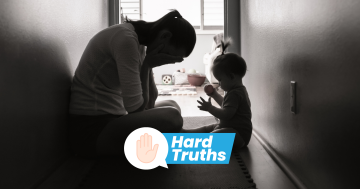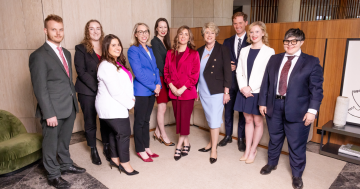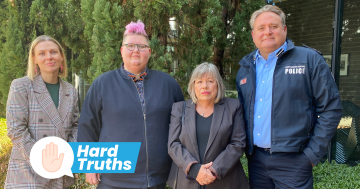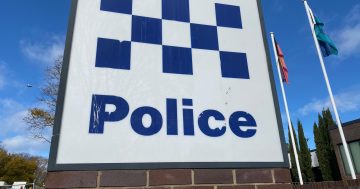
Why is it so important to get the right information out there?
It is widely accepted that intimate partner, domestic and family violence is widespread and causes significant damage to families and communities. It is the single largest driver of homelessness for women, a common factor in many child protection notifications and results in a police call out on average once every two minutes across the country.
The serious and widespread nature of intimate partner, domestic and family violence within our community places significant pressure on services responding to it. Families seeking assistance require quality services from appropriately skilled workers regardless of their cultural identity, sexuality, gender, socio-economic status or location.
Families seeking support have the right to receive equitable, inclusive, safe service provision and access to accurate information to better inform their decision making; to have their individual experiences, beliefs and choices respected. The experiences families have with services is often critical as they may significantly alter someone’s decision to leave a violent relationship or to seek help. It has been humbling to see members of our community reaching out to the specialist intimate partner, domestic and family violence services, such as the Domestic Violence Crisis Service (DVCS) to offer their time, resources and energy to raising awareness of DFV in our community.
Whilst we appreciate and absolutely support the community’s desire to assist families who are experiencing intimate partner, domestic or family violence, it is vital that information shared in the public arena is accurate. Recently, a social media post was brought to our attention stating that due to the number of services and programs available to help someone living in a violent relationship then essentially there was no reason to continue staying in that situation. What we do know, however, is that a person who uses violence and abuse in their relationships may become more controlling, abusive and dangerous when they believe that the person subjected to violence is planning to leave, or does leave. The best support or advice to give someone who is experiencing intimate partner, domestic and family violence is to seek support from a specialist organisation to talk through safety plans, what options and programs are available and are best suited to their unique situation, experiences and diverse needs.
Additionally, much of the information contained in the social media post was inaccurate, was only available to people that identify within particular demographics or are located in particular areas of the country and some are provided as part of bigger programs. For many of these programs families and individuals must meet particular thresholds and have other supports in place.
Finally, we need to be careful we don’t place people in boxes and believe that we know what is best for them, because we are not the experts of their lives and experiences, they are. Many, many clients have told us over our 30 years of operation that they don’t want to leave their partner; that they just want the violence, abuse and controlling behaviour to stop. It’s our responsibility to make sure that we also provide these families with equitable, inclusive, safe service provision and access to accurate information to better inform their decision making; to have their individual experiences, beliefs and choices respected.
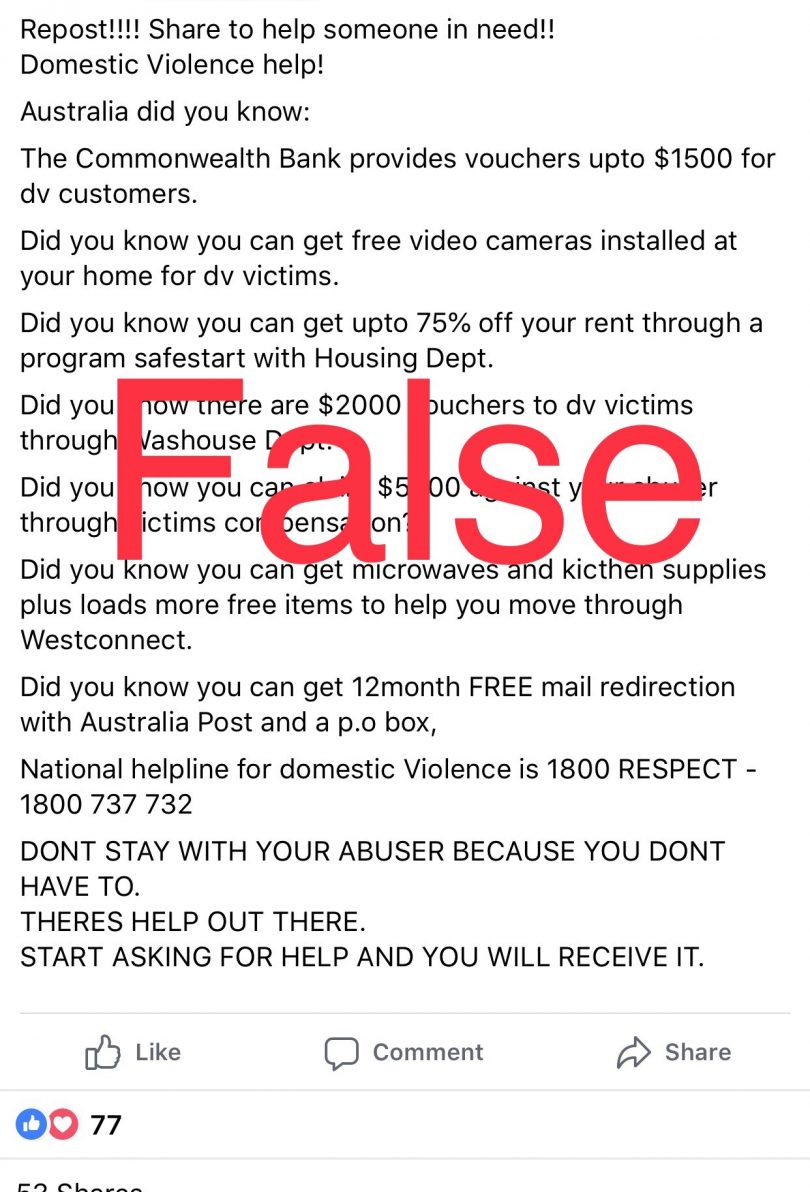
If you are experiencing violence and/or controlling behaviour in your relationship or know or are worried about someone who is, please contact the Domestic Violence Crisis Service via their 24/7 crisis line on 02 6280 0900.
We are interested in hearing from people who saw the post. What were your initial thoughts?












